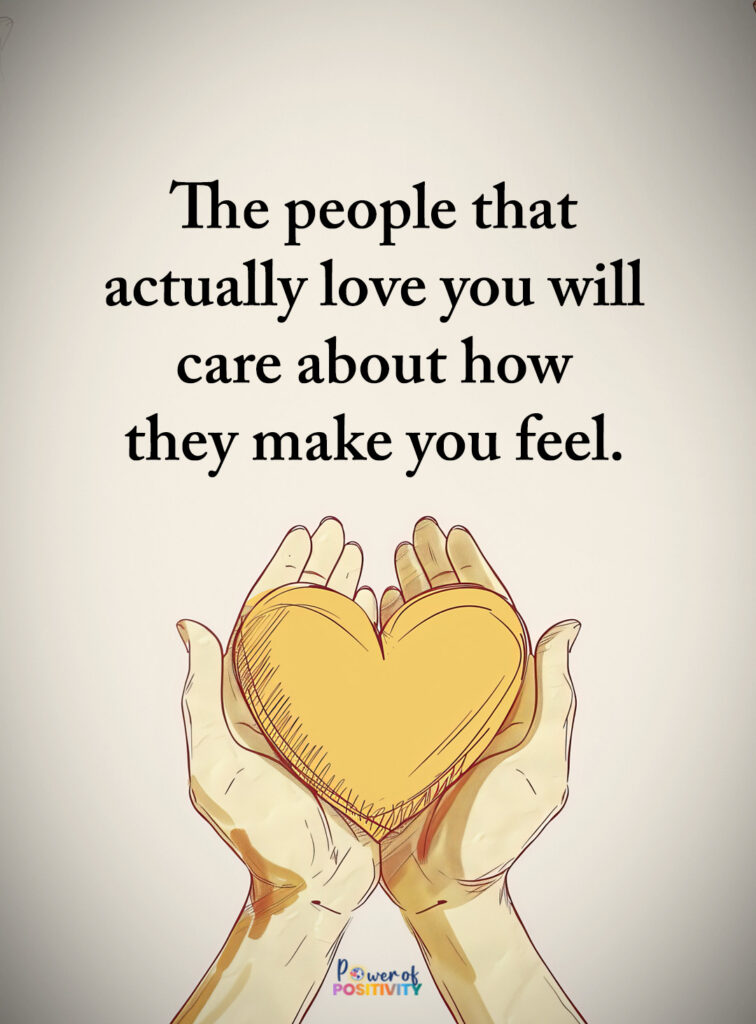Struggling to sleep? You’re not alone. It’s frustrating when sleep feels like something just out of reach, leaving you tossing and turning all night. But lack of sleep isn’t just about feeling tired—it’s your body trying to tell you something. Whether it’s physical discomfort, stress, or even emotional strain, sleep problems often point to deeper issues that need attention.
In this article, we’ll look at why sleep struggles go beyond the nighttime, affecting your mood, energy, and overall health. You’ll learn how different sleep challenges can be clues your body is sending, signaling areas of life that may need adjusting. So if you’ve been wondering why sleep seems so elusive, keep reading—there’s more to it than just counting sheep!
How Your Body Signals Sleep Trouble
When you’re struggling to sleep, it’s not just about being tired. Sleep affects nearly every part of your body. If you don’t get enough of it, your immune system can weaken, your weight may fluctuate, and your heart health can take a hit. Sleep is also crucial for your mental well-being, influencing your mood, cognitive function, and even your emotional balance.
Lack of sleep can show up in many ways:
- Fatigue: Always feeling tired no matter how much you rest.
- Irritability: Small things can set you off because you’re running on empty.
- Brain fog: Struggling to focus, make decisions, or remember simple things.
Your body is trying to tell you something when these symptoms keep popping up. It’s not just about counting hours; it’s about getting quality sleep that supports both body and mind.
What’s Happening When You Can’t Fall Asleep
- What it is: Struggling to fall asleep when your head hits the pillow.
- Common causes: Stress, anxiety, over-stimulation from screens, or even too much caffeine during the day.
When you can’t fall asleep, your body reacts by kicking your stress hormones into gear. This raises your heart rate and makes your mind race, keeping you from relaxing. It’s like trying to put a car in park, but the engine keeps revving.
Why it matters
- Long-term effects: If you keep having trouble falling asleep, it can start affecting your health. Chronic lack of sleep leads to issues like poor memory, mood swings, and trouble concentrating.
- Physical toll: Sleep deprivation makes it harder to stay healthy. Your immune system gets weaker, and your stress levels can rise. This can also affect your weight, making it easier to gain unwanted pounds.
Getting rest isn’t just about laying down—it’s about making sure your body and mind can truly rest and recharge.
Waking Up in the Middle of the Night
- What it is: Waking up during the night and not being able to fall back asleep.
- Common causes: Anxiety, pain, medications, or sleep disorders like sleep apnea.
Waking up in the middle of the night disrupts your sleep cycle, and that’s when things start to go off track. Stress hormones increase, making it harder to return to a restful sleep. On top of that, your digestive system can get disturbed, and your immune system’s effectiveness is reduced.
What It Says About Your Body
- Physical effects: A lack of quality sleep keeps your body from doing its important repair work, like muscle recovery and immune boosting.
- Mental effects: Your brain doesn’t get enough time to process and store memories, leaving you forgetful and foggy during the day.
- Connection to anxiety: The more you wake up, the more anxiety you might feel about not getting enough sleep, making it even harder to relax.
Strategies to address the cause
- Try creating a calming bedtime routine.
- If anxiety is the issue, therapy or relaxation techniques like deep breathing could help.
- You might also need a medical evaluation to rule out sleep apnea or other conditions.
Waking Up Too Early: Is Your Internal Clock Off?
- What it is: Waking up far earlier than planned and not being able to fall back asleep.
- Common causes: Stress, depression, lifestyle changes, and circadian rhythm disorders.
When you wake up too early, your body’s natural rhythm is disturbed. This might be caused by stress, depression, or even certain lifestyle changes. If your body is out of sync, it can impact your mood and overall energy levels.
What It Could Be Telling You
- Disrupting your natural rhythm: When your internal clock is off, it makes it hard for you to get the deep, restorative sleep you need.
- Impact on mental health: Waking up too early can be a sign of stress or even depression. Over time, it can take a toll on your mental well-being.
- How to address it:
- Try adjusting your sleep schedule and stick to it—even on weekends.
- Practice relaxation techniques like meditation before bed to ease stress.
- If it persists, it might be time to consult a healthcare provider to check for underlying issues like depression or circadian rhythm disorders.
The Role of Your Mind: Mental Health and Sleep
Struggling to sleep often goes hand-in-hand with mental health issues like anxiety and depression. Your mind’s inability to relax makes it nearly impossible for your body to settle into a restful sleep. This creates a cycle where poor sleep worsens mental health, and mental health problems make it even harder to sleep.
When your mind is racing or weighed down with worries, it’s tough to turn off. Anxiety can keep your heart rate up, while depression might make you feel too exhausted to sleep well.
The Cycle
- Poor sleep worsens mental health: Lack of rest makes you more vulnerable to mood swings, irritability, and heightened stress.
- Mental health worsens sleep: Anxiety and depression create a constant state of alertness, making it hard to fall and stay asleep.
What you can do
- Therapy, both cognitive and behavioral, can help break this cycle.
- Medication might be necessary, but it’s important to work closely with your doctor for the right treatment.
What Lifestyle Habits Could Be Affecting Your Sleep?
Your daily habits play a huge role in your ability to sleep well. Struggling to sleep can sometimes be traced back to things you do (or don’t do) during the day.
- Diet: Caffeine, alcohol, and heavy meals too close to bedtime can make it harder for you to fall asleep and stay asleep.
- Screen time: The blue light from phones and computers interferes with your body’s melatonin production, making it harder to feel sleepy at night.
- Physical activity: Lack of exercise or working out too close to bedtime can make your body restless.
Small Changes for Big Impact
- Limit caffeine after lunch.
- Set a “screen curfew” 30 minutes before bed.
- Try light evening stretches or a short walk to help your body relax.
When to Seek Help
If you’ve been struggling to sleep for weeks and it’s starting to affect your daily life, it’s time to talk to a doctor. Sleeplessness shouldn’t hold you back from living your best life.
When to see a doctor
- If sleep troubles are lasting more than a few weeks.
- If your sleep issues are affecting your work, social life, or emotional well-being.
- If other conditions (like anxiety or pain) seem to be affecting your sleep.
How to track your sleep
- Keep a sleep diary to track when you sleep, wake up, and how you feel the next day. This will help your doctor understand what might be going wrong and find a treatment plan that works for you.
Conclusion
Sleep issues aren’t just about feeling tired—they’re a signal from your body that something needs attention. Whether it’s trouble falling asleep, waking up in the middle of the night, or waking up too early, these signs often point to underlying physical or emotional imbalances. The good news is, with some adjustments, you can get your sleep back on track.
Take a moment to reflect on your own sleep habits. Are you giving yourself the best chance for a good night’s rest? Small changes, like managing stress or adjusting your routine, can make a big difference. If sleep troubles persist, don’t hesitate to seek professional help.
Remember, sleep isn’t a luxury—it’s a necessity. Prioritizing quality rest is essential for both your physical and mental health. Start making your sleep a priority, and you’ll feel the difference in how you live, work, and feel each day.















